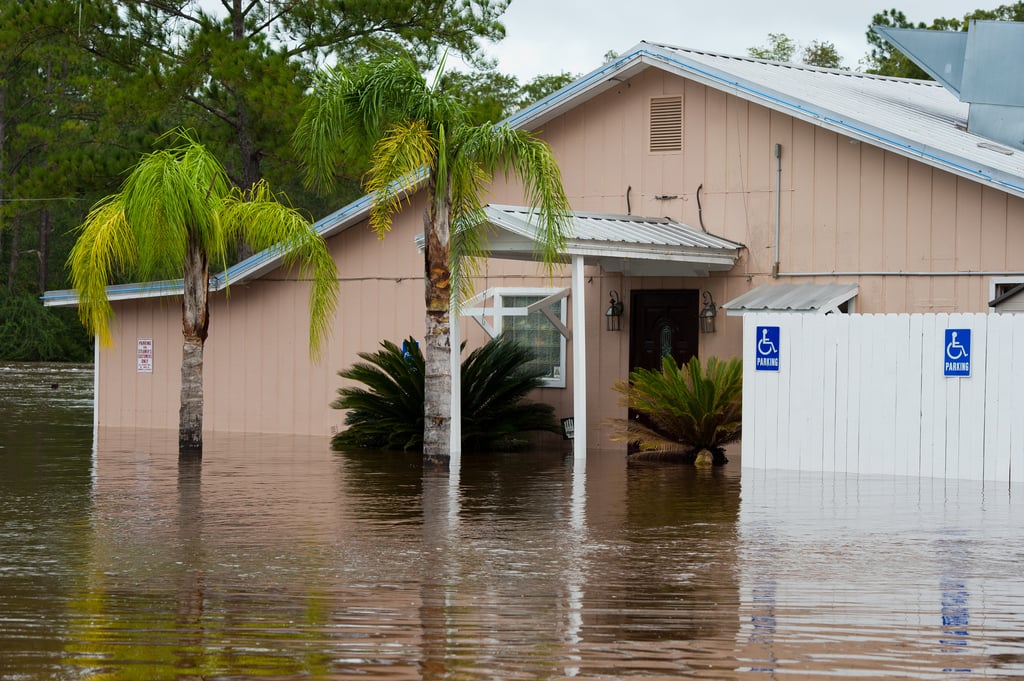Table of Contents

Water damage is one of the most common and destructive issues homeowners face. Whether caused by burst pipes, heavy rains, or appliance leaks, it can create serious health and structural concerns. Many homeowners wonder, “Is it safe to stay in a house with water damage?” The short answer is: it depends on the extent of the damage, how quickly it’s addressed, and whether hazardous conditions are present.
Understanding the Risks of Water Damage
Water damage can range from mild surface dampness to severe flooding that compromises a home’s foundation. The risks associated with staying in a water-damaged home include:
1. Mold Growth and Air Quality Issues
Water damage creates the perfect breeding ground for mold and mildew, which can begin growing within 24 to 48 hours. Mold spores can spread through the air, leading to:
- Respiratory problems
- Allergic reactions
- Skin irritation
- Aggravation of asthma or other lung conditions
If water damage is left untreated, mold can infiltrate walls, ceilings, and flooring, making the home unsafe for occupants, especially those with respiratory issues or weakened immune systems.
2. Structural Damage
Prolonged exposure to water can weaken the structural integrity of a home. Some potential issues include:
- Wood rot: Beams, studs, and flooring may weaken, increasing the risk of collapse.
- Ceiling and wall damage: Saturated drywall can become soft and eventually break apart.
- Foundation issues: Excessive water accumulation can lead to foundation cracks or shifting.
Living in a home with severe structural water damage can be extremely dangerous, as ceilings may collapse, floors can give way, and walls may become unstable.
3. Electrical Hazards
Water and electricity are a deadly combination. If water has seeped into electrical outlets, wiring, or appliances, there is a risk of:
- Electrical fires
- Power surges
- Electrocution
If you suspect water damage has reached your electrical system, turn off the power supply immediately and consult a professional before re-entering the space.
4. Contaminated Water and Health Risks
Not all water damage is the same. The type of water involved determines the level of risk:
- Category 1 (Clean Water): Comes from a clean source, such as a broken pipe or rainwater.
- Category 2 (Gray Water): Contains contaminants from sources like dishwashers, washing machines, or showers, posing moderate health risks.
- Category 3 (Black Water): Highly contaminated water from sewage backups, flooding, or stagnant water, which can carry bacteria, viruses, and other harmful pathogens.
If your home has been affected by Category 2 or 3 water, it is not safe to stay inside without professional remediation.
When Is It Safe to Stay in a Water-Damaged House?
If the water damage is minor, such as a small leak in one area with no structural impact, it may be safe to remain in the home while repairs are conducted. However, ensure that:
- The water source is completely stopped.
- The area is dried quickly using dehumidifiers and fans.
- No mold growth is present.
- Electrical outlets and wiring are not affected.
When Should You Leave a Water-Damaged House?
Consider evacuating if:
- There is visible mold growth or a strong musty odor.
- Walls, ceilings, or floors show signs of severe warping, sagging, or rotting.
- Water damage has affected electrical systems.
- The water source is contaminated (black water or sewage).
- You experience health symptoms such as coughing, headaches, or skin irritation.
What to Do If Your Home Has Water Damage
If you discover water damage in your home, follow these steps:
- Turn off the water source if possible.
- Shut off electricity in affected areas to prevent electrical hazards.
- Document the damage with photos and videos for insurance claims.
- Contact a professional water damage restoration company to assess the severity and begin cleanup.
- Remove wet items and start drying the area using fans and dehumidifiers.
- Monitor for mold growth and take preventive measures such as using antimicrobial treatments.
Conclusion: Safety First
So, is it safe to stay in a house with water damage? If the damage is minor, properly contained, and professionally assessed, it may be safe. However, in cases of severe structural damage, electrical risks, mold growth, or contaminated water, it’s best to leave the premises and seek professional damage restoration before reoccupying the home.
If your home in Coral Gables has suffered water damage, don’t take risks—contact us today on (305) 894-4343 for professional water damage restoration services today!


